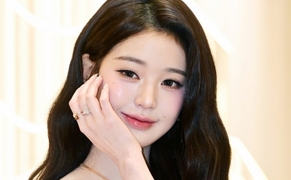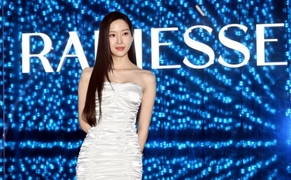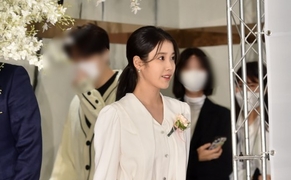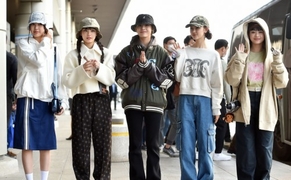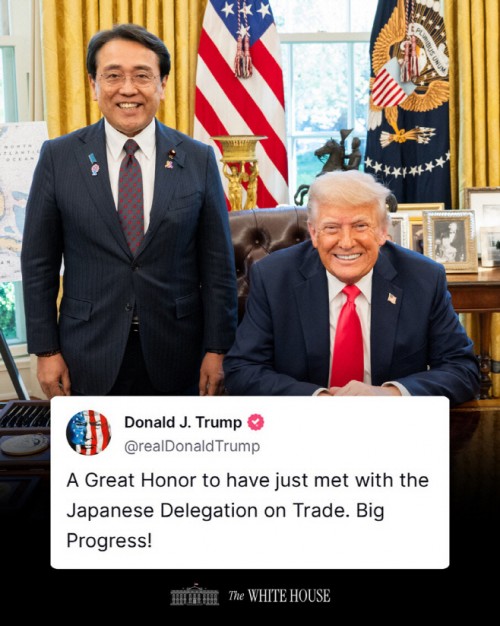 |
| U.S. President Donald Trump poses for a commemorative photo with Japan’s Economic Revitalization Minister Ryosei Akazawa at the Oval Office of the White House on April 16 during trade negotiations. / Captured from Trump’s Truth Social |
U.S. President Donald Trump on July 1 warned that the United States may impose tariffs of 30 to 35 percent—or a figure of its own choosing—on Japanese imports, sharply increasing pressure on Tokyo as bilateral trade negotiations stall over agricultural access.
Speaking to reporters aboard Air Force One on his return to Washington, D.C., after visiting an immigration detention facility in Florida, Trump made clear that the current reciprocal tariff grace period, which expires July 8, would not be extended.
According to Reuters, Trump said, “We’ve been negotiating with Japan, but I’m not sure a deal will happen. I have doubts.” He added that tariffs of “30%, 35%, or whatever figure we decide” could be imposed on Japanese goods. The remarks come after Tokyo reaffirmed its refusal to expand U.S. rice imports. “Japan is experiencing a major rice shortage, yet they still don’t want to buy ours,” Trump said in a Truth Social post a day earlier, signaling his intent to send a formal letter to Japan. In a recent Fox News interview, he warned that this letter “would mark the end of negotiations,” suggesting Japan could face a 25% tariff on auto exports.
Trump initially set the reciprocal tariff rate at 24% on April 2. The potential increase to 30–35% appears to be a direct response to Japan’s firm stance on protecting its agricultural sector, especially rice.
Nikkei reported that Trump again expressed dissatisfaction with Japan’s refusal to allow more U.S. rice imports and with the ongoing U.S. trade deficit in the automotive sector. White House officials reportedly said they now plan to prioritize trade talks with other countries, such as India, over stalled negotiations with Japan.
U.S. Treasury Secretary Scott Bessent echoed Trump’s position in a June 30 interview with Bloomberg TV. “Some countries are negotiating in good faith, but if we fail to reach an agreement due to their intransigence, the U.S. may revert to the tariff levels announced in April,” he warned.
Japanese Economic Revitalization Minister Ryosei Akazawa, who is leading the negotiations, said in a press conference following a cabinet meeting that “agriculture is the foundation of the nation” and reaffirmed that “the government and ruling party are firmly committed to protecting an environment where producers can continue farming with confidence.” He stated, “There will be no deal with the U.S. that sacrifices our agriculture.”
Under the “minimum access” quota system, Japan imports about 770,000 tons of foreign rice annually tariff-free. Of that, 340,000 tons—or roughly 45%—came from the U.S. last year, according to NHK.
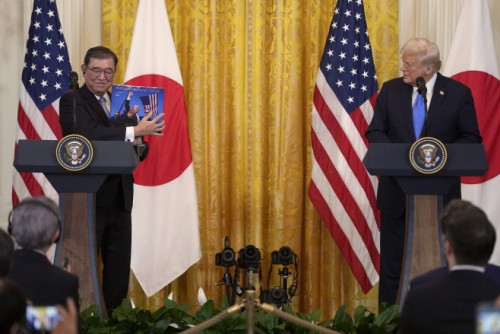 |
| Japanese Prime Minister Shigeru Ishiba (left) holds up a book gifted by U.S. President Donald Trump during their joint press conference at the White House on July 7. / AP-Yonhap News |
Most Read
-
1
-
2
-
3
-
4
-
5
-
6
-
7

















